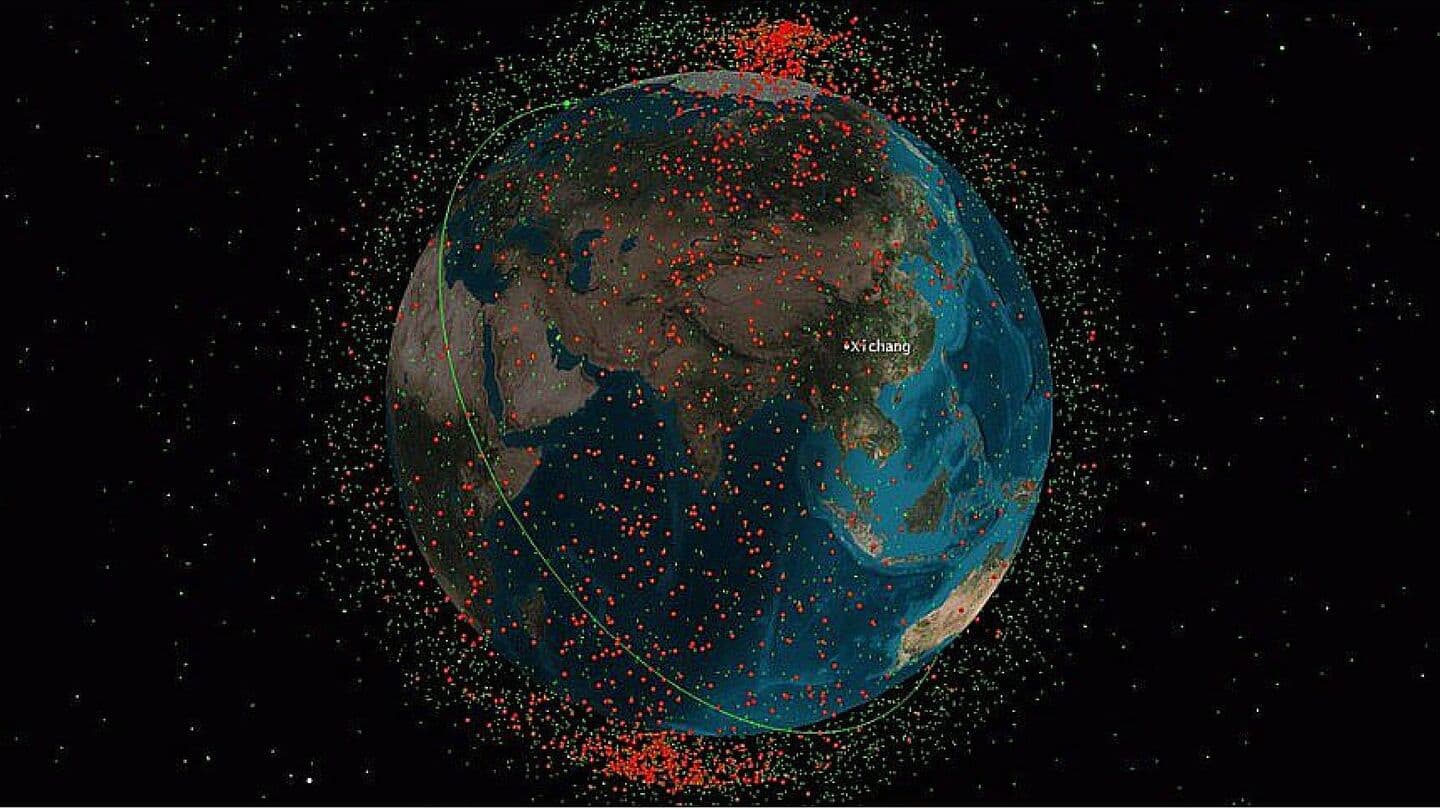
Scientists warn of growing space pollution amid record rocket launches
What's the story
A new study by researchers at University College London (UCL) has raised alarms over the growing problem of space pollution. The team, led by Professor Eloise Marais, began monitoring space activities in 2020. Their latest data shows a staggering 259 rocket launches in 2024 and another 223 in 2023, consuming over 153,000 metric tons of fuel.
Pollution concerns
Uncharted territory
Professor Marais said, "More pollutants are being released into the atmosphere from rockets and satellites than ever before." She warned that we are in uncharted territory, as humans have never added this much pollution to the upper layers of the atmosphere. If left unchecked, it could have serious implications for Earth's atmosphere.
Emission surge
Mega-constellation satellites worsen climate impact
The study also found that mega-constellation communication satellites, such as SpaceX's Starlink, OneWeb, and Thousand Sails, have tripled the emissions of climate-altering soot and carbon dioxide. While these emissions are less than those from other industries, researchers warn that they linger in the upper atmosphere for much longer than Earth-bound sources. This could lead to a climate warming impact up to 500 times greater than soot from aviation or ground-level sources.
Pollution shift
Changing propellant mix poses new challenges
Professor Marais also noted that the propellant used to launch mega-constellations now exceeds that of all other missions combined. She added that the mix of pollutants produced is likely to change in the future with Amazon's Kuiper mega-constellations, which plan to use a European Space Agency (ESA) rocket powered by solid rocket fuel and producing ozone-damaging chlorine compounds.
Future plans
Threat to the ozone layer
Dr. Connor Barker from UCL said many more mega-constellations are planned for launch in the coming decades, which could have significant impacts on our climate. He warned that these future launches could undo progress made by the Montreal Protocol to repair the ozone layer. The sheer number of objects launched and in orbit has also changed drastically over time.
Legal challenges
Cleaning up space debris is difficult due to international laws
Professor Stuart Martin, chair of trustees at the UK National Space Centre, said current international law complicates cleanup efforts. He explained that the country that launched an object owns it and only its laws apply to that object in space. This makes cleaning up space debris difficult. Already, many mega-constellation satellites are re-entering the atmosphere and vaporizing into tiny, sometimes chemically reactive metal particles.